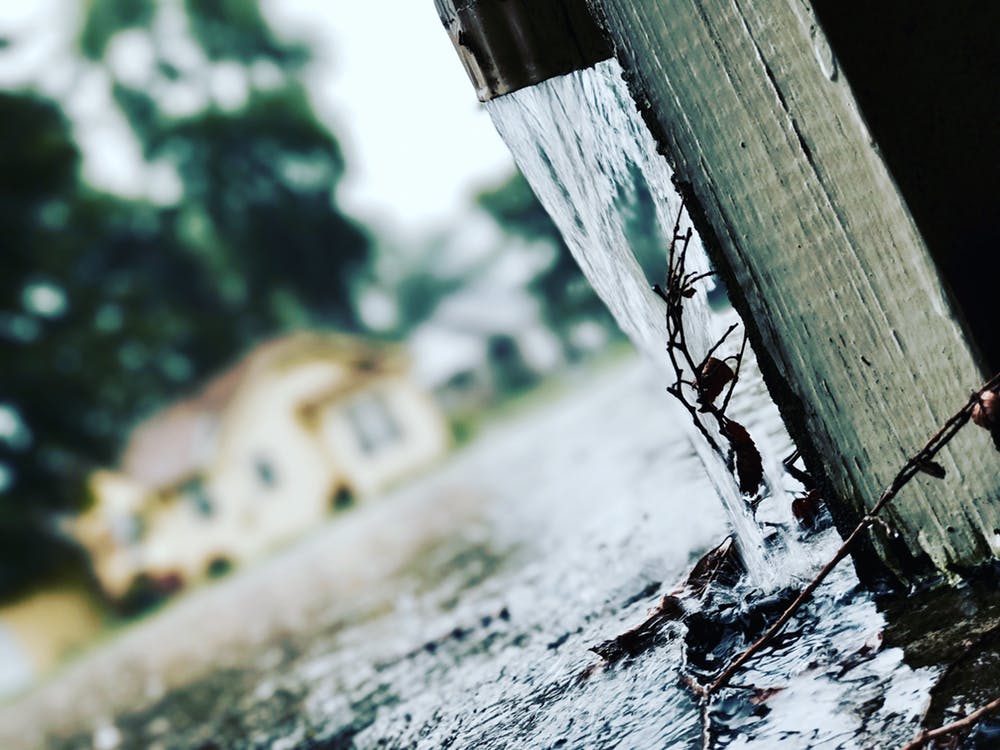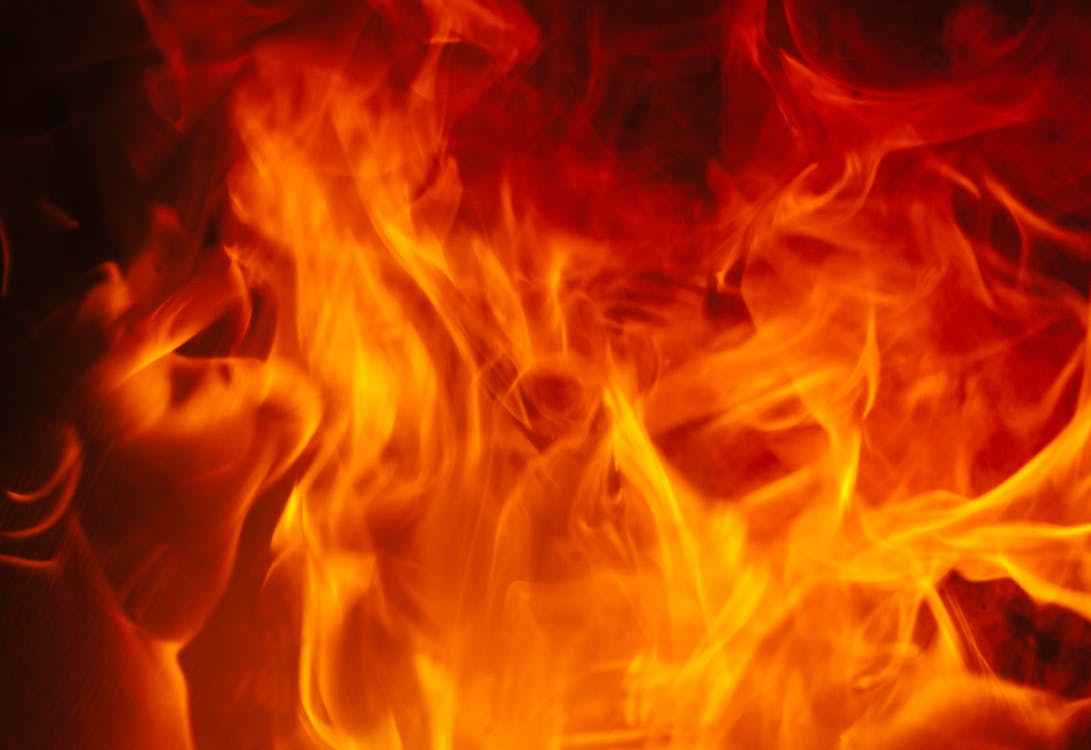The winter weather is on its way, and that can present new hazards for your home. Read up on some of the most common insurance claims in Fall and Winter, and how to prevent them.

Water Damage
It’s no wonder plumbers consider late fall their busy season. When rain hits the west (wet?) coast, water damage claims skyrocket. BC has the most expensive water-related claims in the country. Between 2002 and 2015, the average cost of a water claim rose by 154% – that’s almost 40% higher than the rest of the country! So what’s going on here?
While damage from a sewer back up, or damaged roof can both carry expensive price tags, the most expensive type of water claim comes from a flooded basement. In BC, average home prices tend to be higher than the rest of the country. We’re also more likely to be renovate our basements for suites, or to expand living space. Where basements used to be store spiders and forgotten Christmas decorations, they now contain wood floors, new electronics and expensive furniture – and that means more expensive claims.
Housing booms have also lead to an increase in basement floods. As residential density increases, water has fewer places to runoff after a big rainstorm, increasing the risk of a sewer backup.
Fortunately, there are plenty of preventative measure that can be taken year round to prevent a sudden, sopping wet surprise.
Tips to Prevent a Flooded Basement:
- Inspect Your Yard: The last thing you want to see is any water run-off directed towards your foundation. Check to see where water pools after a heavy rain, and consider installing a drain pipe. Make sure your gutter downspouts extend far from your foundation and point away from your home.
- Keep Perimeter Drains and Gutters Clear: When blocked, both of these can collect water that will dump directly onto your foundation. Prevent water from accruing by removing leaves, snow and debris regularly.
- Inspect Your Basement: Look for and seal any cracks in your foundation walls and basement floor.
- Install a Backwater Valve in Your Basement: This device will protect you in the event of a sewer backup. This is an especially good idea for homes tied into storm lines.
Wind Damage
According to The Travelers Companies, Inc., exterior wind damage made up 25% of home claims from 2009 to 2015 in the United States. While we don’t live in a hurricane zone, BC is no stranger to high winds – especially in the Autumn and Winter months.
This fall, we’ve already seen wind speeds hit up to 97 km/h. A recent storm saw a branch smash through a Langley driver’s windshield (thankfully he was okay), while in Richmond, high winds pushed the exterior wall of a home under construction onto a neighboring building.
It’s clear that winds don’t have to be hurricane level to cause damage, which means that it’s important to take precautions during the storm season.
Tips to Protect Your Home from Wind Damage:
- Check your windows: Make sure they are properly sealed to prevent wind from getting inside your home. Replace any bent frames or broken panes. Secure (or consider removing) any loose shutters to prevent them from banging against, and potentially breaking, your windows.
- Inspect Your Roof: Check your chimney cap and look for loose or damaged shingles. Ensure that damaged areas are repaired promptly – otherwise you may find yourself with a wet living room after the next rainfall
- Prune At-Risk Branches: Keep trees and shrubs trimmed. Check for weak or diseased trees on your property and see if they need to be removed.
- Watch Where You Park: Avoid parking under structures such as lamp posts, trees and powerlines if you know a windstorm is on the horizon. While your car won’t be covered under your home insurance policy, it can be covered by your vehicle’s Comprehensive Coverage policy.
- Secure Outdoor Items: Wind can turn even the most innocuous object into a damage-causing projectile. Check your yard for any loose objects and consider moving outdoor furniture and equipment indoors.

Fire Damage
Each year, Canada sees approximately 24,000 house fires and hundreds of millions of dollars in damages. The risk for fires increases during colder months as people spend more time at home. Despite the fact that traditional wood stoves have fallen out of fashion, there are still plenty of other heat sources that can lead to a fire when left unattended or not properly maintained.
The good news is that the majority of fires can be averted with some careful planning.
Tips to Prevent a House Fire:
- Get Your Chimney Inspected: If you own a fireplace, it’s important to get your chimney cleaned and inspected at regular intervals by a professional.
- Check Your Extension Cords: Many electrical fires are caused by an overloaded or damaged extension cord. This is especially critical around the holidays, when extra lights begin to pop up around the house. A cord that’s warm to the touch may indicate a defect, or it could mean it’s underrated for the devices currently being powered. In either the case, remove the cord immediately and find a suitable replacement.
- Inspect your Dryer: Driers are one of the main sources of house fires year round, and the cause is usually lint accumulation. Keeps filter clean, and ensure the exhaust vent pipe remains clear. As an added measure, Fire Prevention Canada recommends only running your machine when you’re home.
- Blow Out the Candles: Candles are great for mood lighting but can quickly turn into hazards when left unattended. Place candles in a non-flammable container away from curtains, decorations and any other combustible items. Never leave the house while a candle is burning, and remember to blow out the flame before going to bed.
- Keep an Eye on the Stovetop: It’s easy to get distracted around the holidays, so take extra precautions to make sure elements are turned off when no longer being used. Keep ranges and counters clean and free from grease that could otherwise become fuel if a fire ever starts.
- Monitor Small Applicances: Heat generating appliances like irons and toasters should be unplugged when not in use. Same goes for electric heaters, which should be placed in a well ventilated area, away from flammables such as curtains and blankets.
To see what your home insurance policy covers, talk to any one for our friendly SeaFirst Insurance brokers today! With seven locations in the Greater Victoria area, we’re always here to help you with your home, car and business insurance needs.
